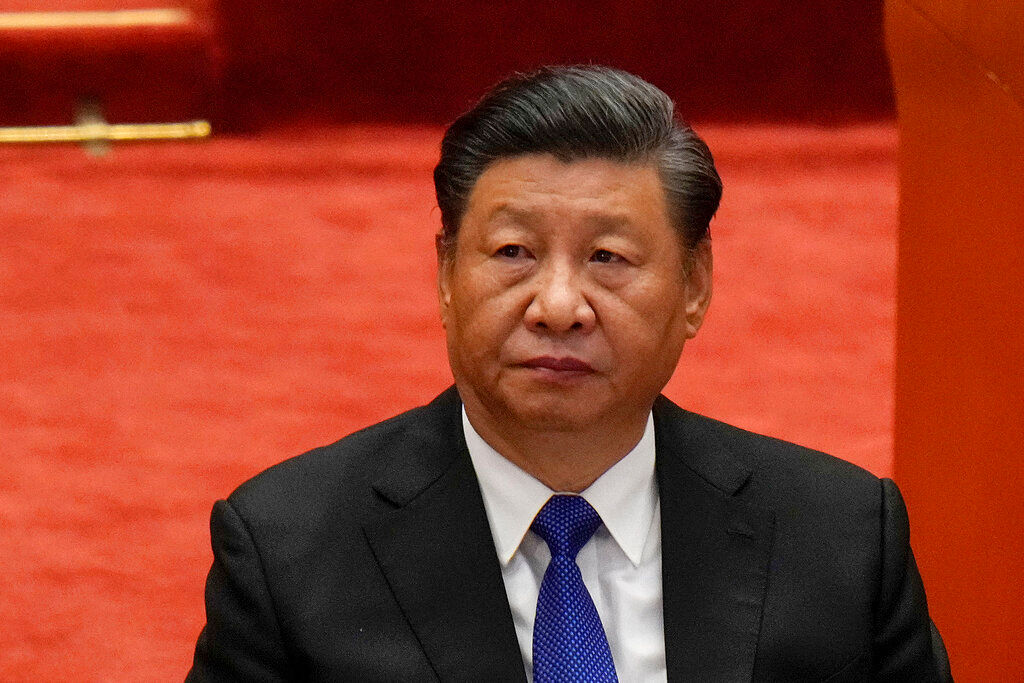If Taiwan declares independence, Beijing will “not hesitate to start a war,” China’s defence minister affirmed to his US counterpart on Friday, in the latest spat between the nations over the island.
The statement came as Wei Fenghe met with US Defense Secretary Lloyd Austin for the first time on the sidelines of the Shangri-La Dialogue security summit in Singapore.
Also read: Japan eases border restrictions for foreign tourism, allows guided package tours
For China, US intervention in the Indo-Pacific just disrupts the region’s peace and security. However, according to US 7th Fleet spokesperson Nicholas Lingo, “the ship’s transit through the Taiwan Strait demonstrates the United States’ commitment to a free and open Indo-Pacific.” So, what exactly is the geopolitical squabble between Taiwan and the United States?
The Chinese Civil War, which had long been characterised as a conflict between Communists and nationalists, ended in 1949 when the nationalistic forces were defeated. While the triumphant communists, headed by Mao Zedong, began to rule from mainland China, the vanquished nationalists, commanded by a young general named Chiang Kai-shek, advanced to an island south of China and founded their seat of government, which is now known as Taiwan.
Also read: China warns US it will ‘start a war’ if Taiwan declares independence
Ever since then, Taiwan, officially calling itself the Republic of China (ROC), has been governed independently of the mainland, which is People’s Republic of China (PRC). Consequently there arose a confusion even as the two administrations began to call themselves China, PRC, and ROC respectively. In a diplomatic statement aimed at clearing the confusion, Beijing asserted that there is only “one China” and that Taiwan is part of it. It views the PRC as the only legitimate government of China.
And any government seeking a close friendship with Beijing should sever all diplomatic connections with Taiwan. When the United States adopted this one-China concept under the Carter administration in 1979, it shuttered its embassy in Taiwan. The one-China philosophy has an objective as well. By 2049, the 100th anniversary of the communist revolution, mainland China hopes to integrate or unify Taiwan with the rest of the country. As a result, Beijing regards Taiwan as a breakaway province, supposedly bound for reunification one day.
Also read: Japan eases border restrictions for foreign tourism, allows guided package tours
Taiwan is an important trading partner in terms of the economy. Taiwan also has one of the greatest semiconductor industries in the world. Taiwan Semiconductor Manufacturing Firm (TSMC) is the world’s biggest contract chip maker and Asia’s most valuable listed corporation, with a market valuation of $600 billion. This is one of the many reasons why China does not want to leave Taiwan. Geographically, Taiwan is one of China’s neighbour nations.
Taiwan is an important trading partner in terms of the economy. Taiwan also has one of the greatest semiconductor industries in the world. Taiwan Semiconductor Manufacturing Firm (TSMC) is the world’s biggest contract chip maker and Asia’s most valuable listed corporation, with a market valuation of $600 billion. This is one of the many reasons why China does not want to leave Taiwan. Geographically, Taiwan is located close to China; it is China’s neighbour.
The Taiwan dispute is a global hotspot in the great power struggle between China and the United States in the twenty-first century. At this time, arguably nothing is a more powerful geopolitical weapon for the United States than free Taiwan to constrain China and pose a danger to its dominion in its own backyard. Despite its recognition of the One China Principle, the United States maintains an unofficial engagement with the island and proceeds to export defence weaponry to the country’s military.
Also read: President Joe Biden faces open criticism at Americas Summit. Check details
Beijing has repeatedly urged the United States to cease providing weaponry to Taiwan and to break ties with the island. Relations between Taiwan and the United States had reached a critical stage under Donald Trump’s presidency. The US had sold the military $18 billion in munitions and built a $250 million complex for its de facto embassy in Taipei. Tsai Ing-wen and Trump spoke over a call before Trump’s inauguration. This was thought to be the highest participation seen between the two since 1979.
A different direction has not evolved under Biden. He was, in fact, the first US president to welcome Taiwanese officials to the inauguration ceremony. Given China’s growing military and economic prowess, a geopolitical conflict between the two countries cannot be ruled out.
Also read: Why interest rates are being hiked globally?
A potential Chinese invasion of Taiwan would signal the end of the United States’ influence in the region. It will almost certainly result in a “new distribution of capacities” in the region, to use the phrase of 20th-century international relations expert Kenneth Waltz. The Ukrainian crisis is already putting America’s political hegemony and ability to influence global outcomes to the test.
Even as the world is focused on the present Ukrainian crisis, Taiwan in the Indo-Pacific may soon provide a new challenge to US leadership. Mike Gallagher, a US representative from Wisconsin, observed astutely that “if the United States fails to stand with its democratic allies when they are threatened by an authoritarian adversary, then it will seriously undermine its own credibility and influence,” resulting in “the end of the United States’ superpower status and the corresponding guarantees of prosperity, freedom, and human rights that have come with it.”







